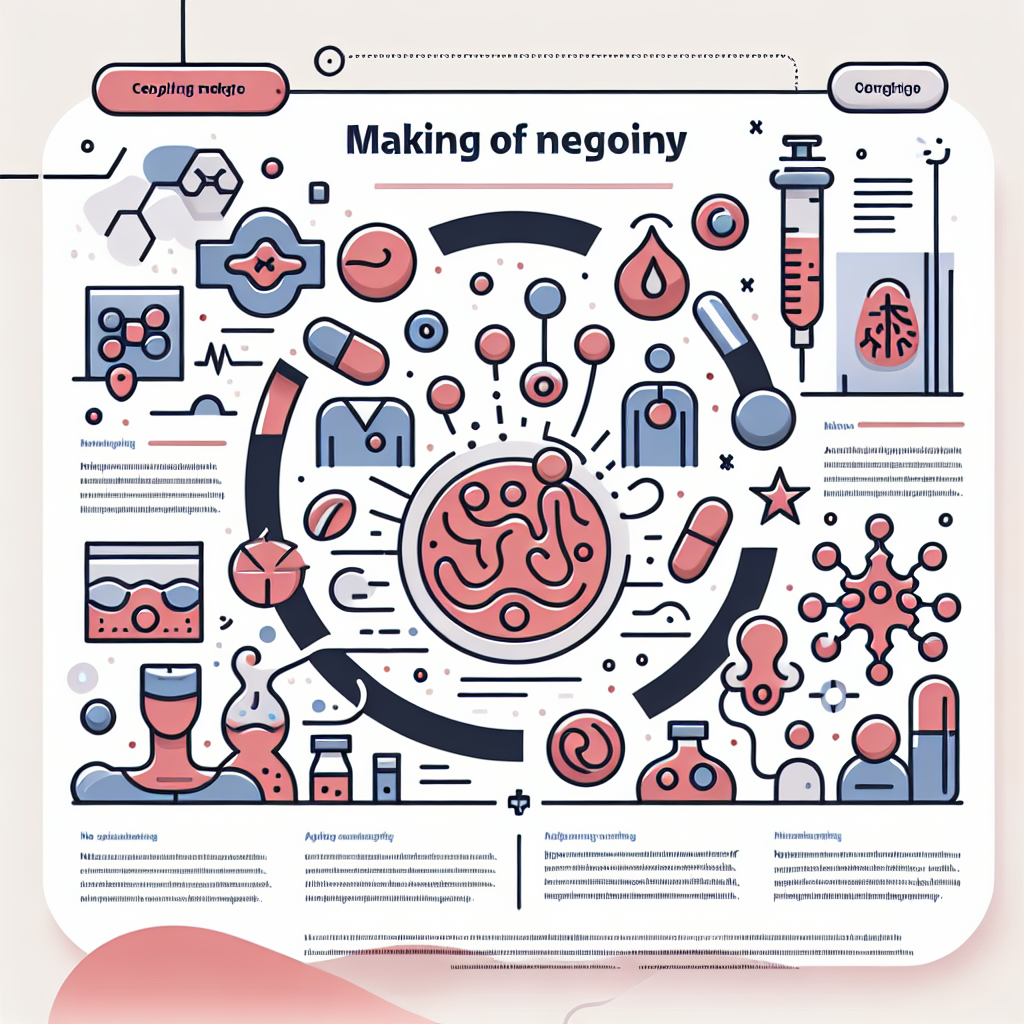Many people starting semaglutide-based therapy want clear, practical information about risks and how treatment may look years from now. If you’re worried about ozempic long term effects, this guide breaks down common side effects, what serious warning signs to watch for, and when it’s time to call your doctor. It also covers how clinicians decide whether to continue or stop therapy and where to learn more about getting a prescription safely.
Long-term use of Ozempic: what to expect
Ozempic (semaglutide) is a GLP-1 receptor agonist used for type 2 diabetes and frequently prescribed off-label or approved for weight management. Over months to years, many patients experience sustained improvements in blood sugar control and weight, but long-term therapy can carry ongoing risks that require monitoring. Regular follow-up allows your care team to weigh benefits against adverse effects and adjust dosing or switch treatments when needed.
Common side effects and why they happen
Most side effects are related to the drug’s effects on the gastrointestinal tract and appetite regulation:
- Nausea, vomiting, and diarrhea — typically occur when treatment begins or dose increases, and they often improve over time.
- Reduced appetite and early satiety — part of the intended weight-loss effect but can lead to undernutrition if severe.
- Constipation or abdominal discomfort — manageable with dietary adjustments and hydration.
Less common but serious risks
While rare, some adverse events require immediate attention:
- Pancreatitis — severe abdominal pain, sometimes with fever and vomiting, needs urgent evaluation.
- Gallbladder disease — rapid weight loss or drug effects may increase the risk of gallstones and cholecystitis.
- Thyroid C-cell tumors — animal studies raised concerns; humans are monitored for neck masses or persistent symptoms.
- Hypoglycemia — particularly when combined with insulin or sulfonylureas; learn the signs and carry a plan for treatment.
Monitoring and when to call your doctor
Routine labs and symptom checks help catch problems early. Contact your healthcare provider right away if you experience severe abdominal pain, signs of allergic reaction (hives, swelling, difficulty breathing), persistent vomiting, or symptoms of hypoglycemia like sweating, confusion, or loss of consciousness. Also report rapid or unexplained weight loss, episodes of fainting, or new lumps in the neck.
How clinicians decide to continue or stop therapy
Decisions are individualized. Factors include clinical benefit (A1c reduction, weight loss, cardiovascular risk improvement), tolerability, and patient preference. Some people use semaglutide indefinitely because benefits persist only while the drug is active; others stop after achieving goals and maintain gains with lifestyle measures and alternative therapies.
If you’re wondering “do you have to take ozempic for life,” the short answer is: not necessarily. Some patients will need ongoing therapy to maintain metabolic benefits, while others may transition off medication with careful planning and continued lifestyle support.
Practical tips to reduce side effects
- Start at the lowest prescribed dose and increase gradually under guidance.
- Eat smaller, more frequent meals and avoid fatty or highly spiced foods when nausea is present.
- Stay hydrated and discuss vitamin or nutrient checks if appetite suppression persists.
- Keep a symptom diary and bring it to appointments so your clinician can spot patterns.
For people exploring prescriptions specifically for weight loss, consult reputable resources and clinicians who can assess risks and benefits. You can learn more about pathways to access therapy and responsible prescribing practices at how to get prescribed Ozempic for weight loss.
Reliable broader context
Understanding the larger health context — like the general risks of diabetes and obesity — helps put drug-specific risks into perspective. The World Health Organization publishes high-quality, evidence-based information about diabetes prevention and management that can help inform conversations with your care team: World Health Organization diabetes fact sheet.
Quick summary
- Most side effects are gastrointestinal and often subside with time or dose adjustments.
- Serious risks are rare but require prompt medical attention.
- Continuing therapy is a personal and medical decision; discuss goals, risks, and alternatives with your clinician.
FAQ
Q: Do you have to take ozempic for life?
A: No — lifelong use is not mandatory for everyone. Some people maintain benefits only while on therapy and may need long-term treatment, while others stop after achieving goals under medical supervision and focus on lifestyle strategies.
Q: What symptoms should prompt an immediate call to my doctor?
A: Severe abdominal pain, persistent vomiting, signs of severe allergic reaction (difficulty breathing, facial swelling, hives), fainting, or symptoms of severe hypoglycemia warrant urgent contact with your healthcare provider or emergency services.






